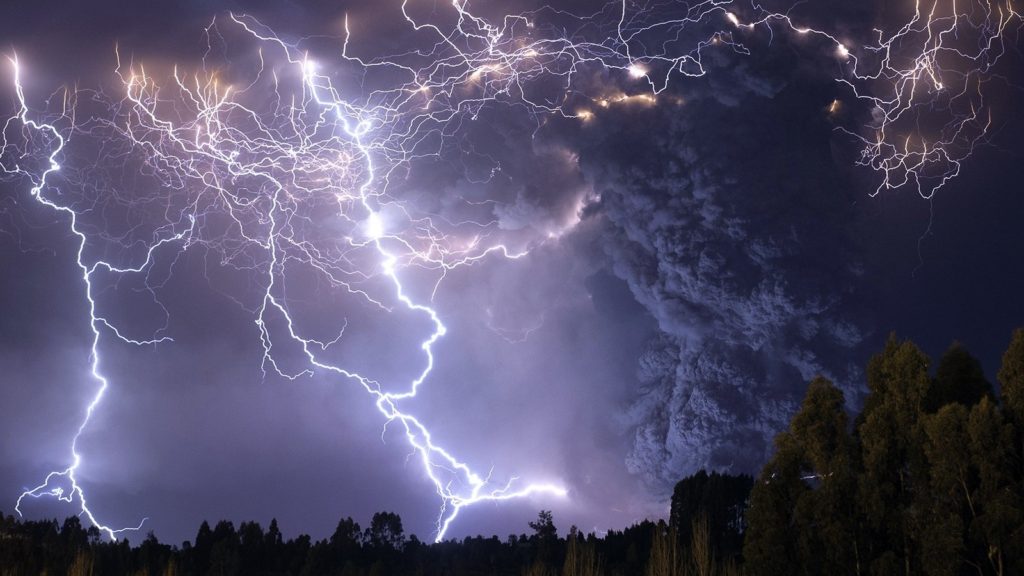 By Priscilla H. Douglas
By Priscilla H. Douglas
A: I am overwhelmed by the endless stream of disasters—hurricanes, fires, shootings, bombings and hateful and disturbing rhetoric. I worry what will happen next. It is really scary. Any advice?
Q: Yes, it seems that we have one distressful or disgraceful event every day—some of them natural and others man-made. And given that it is Halloween, we can’t escape to the movies—for once, what we see on the screen is even worse! Here in “real life,” watching the after effects of disasters rocks and shocks our emotions. And, if you have an empathetic nature, you may be more emotionally vulnerable: Their pain can become your pain. Your boundaries collapse into one constant stream of events and the emotions can spike and drop. It’s almost impossible to disengage.
You probably have the same experience that I do: My cell buzzes and beeps with newsfeeds and tweets and, even though I say “Don’t look,” I do look and I find myself in the middle of a really scary scenario. Yes, it is that bad. Why? Social media amplifies our experiences and taps into our emotions. I think the situation is made even worse for  millennials and younger people who are so emotionally intelligent, caring and connected to the world.
millennials and younger people who are so emotionally intelligent, caring and connected to the world.
The way to disengage and disconnect is easy: Simply wake up, a lesson we can learn from the dream demon Freddy Krueger in Nightmare on Elm Street. To stay awake, consider the following:
- Are you willing to silence your devices at a designated time of day? Night? [I especially recommend that you don’t answer emails, Tweet, check FB, or post to Instagram etc. after 9:0O PM.]
- Are you able to be in the present moment? Mindful? Note: Enjoy being with friends and family without using a device.
- Do you have a favorite charity? Volunteer activity? If yes, make a connection and give back.
- Do you have meaningful conversations –with no complaining, whining, or gossiping?
Here a few actions you can take to stop the overwhelm:
- Don’t interrupt a conversation to Google or Tweet
- Delete some of the news feeds
- Make a pact with friends to not talk politics and establish a “fine” to help you stick to your word
Finally, the best way to avoid scary situations and feeling overwhelmed is to stay awake
and what ever you do: DON’T GO DOWN INTO THE CELLAR,

 By Priscilla H. Douglas
By Priscilla H. Douglas  anything.”
anything.” Q: I am not 100% at work because my mother, father, aunts and uncles are in Puerto Rico. My work is highly detailed and I am afraid that I am going to screw up. What can I do?
Q: I am not 100% at work because my mother, father, aunts and uncles are in Puerto Rico. My work is highly detailed and I am afraid that I am going to screw up. What can I do?  squeeze or underestimate, OK? If you are making travel arrangements, be sure to add time and expect delays and inconveniences.
squeeze or underestimate, OK? If you are making travel arrangements, be sure to add time and expect delays and inconveniences.
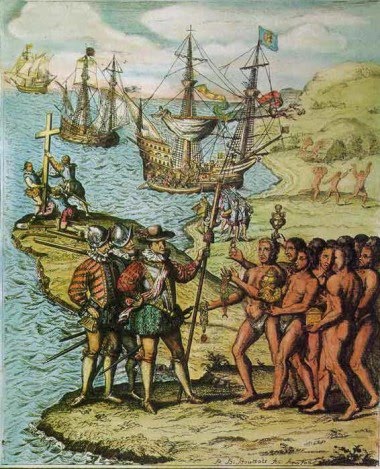 Q: I just moved to Vermont and had no idea that they don’t celebrate Christopher Columbus. I consider myself to be well informed and can’t fathom that
Q: I just moved to Vermont and had no idea that they don’t celebrate Christopher Columbus. I consider myself to be well informed and can’t fathom that 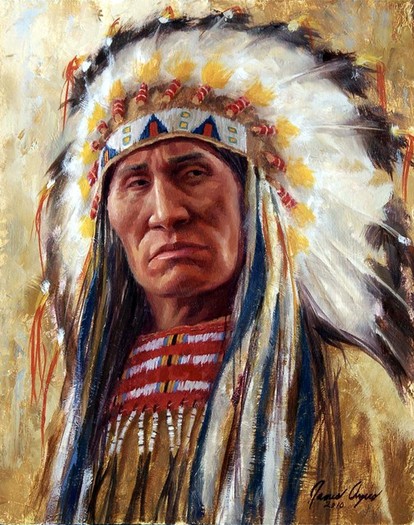 We nourished him to health, and the rest is history,” Means told MPR. “He represents the mascot of American colonialism in the Western Hemisphere. And so, it is time that we change a myth of history.”
We nourished him to health, and the rest is history,” Means told MPR. “He represents the mascot of American colonialism in the Western Hemisphere. And so, it is time that we change a myth of history.” nothing. When I looked up, everyone’s eyes were on me, waiting for me to say something. What should I do?
nothing. When I looked up, everyone’s eyes were on me, waiting for me to say something. What should I do?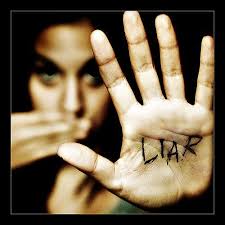 arrest. “We’re unaware of any misconduct and will fully cooperate with authorities to understand more,” the company said in a statement.
arrest. “We’re unaware of any misconduct and will fully cooperate with authorities to understand more,” the company said in a statement. 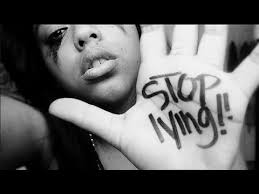 synonyms and euphemisms takes the sting and shame out of lying. Don’t let liars off the hook. Call it what it is.
synonyms and euphemisms takes the sting and shame out of lying. Don’t let liars off the hook. Call it what it is. Q: Over the last year I thought I was having open and direct conversations with my colleague, but now I find that we are on opposite sides. I am shocked! How can I ever trust this person?
Q: Over the last year I thought I was having open and direct conversations with my colleague, but now I find that we are on opposite sides. I am shocked! How can I ever trust this person? on the artful appreciation of facts. Avoid trying to rush conversations to make a point if you do so you will miss the opportunity to see, hear and integrate “new” points of views. However, in our day to day rush, its easy to double fault — we lose the serve and the point — because:
on the artful appreciation of facts. Avoid trying to rush conversations to make a point if you do so you will miss the opportunity to see, hear and integrate “new” points of views. However, in our day to day rush, its easy to double fault — we lose the serve and the point — because: 
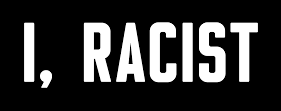
 as inferior to another.
as inferior to another.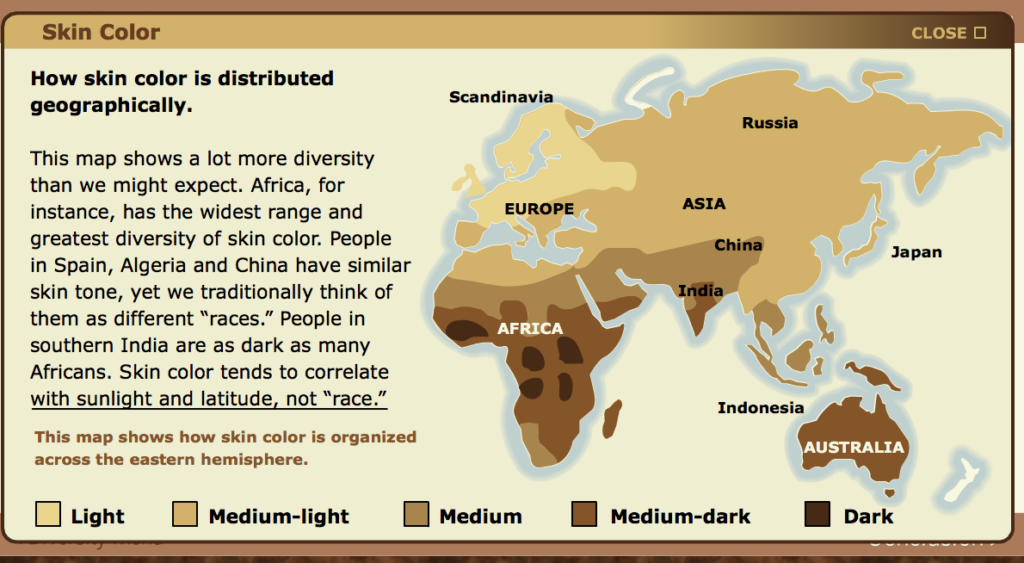
 more often than I use my windshield wipers when driving.
more often than I use my windshield wipers when driving. smile—it is contagious. When you connect to you—and when you smile and interact with another—you will be a beacon of kindness.
smile—it is contagious. When you connect to you—and when you smile and interact with another—you will be a beacon of kindness.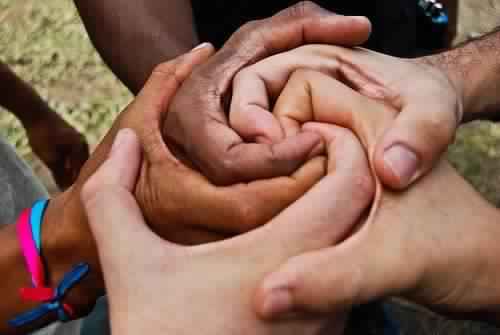 “We built railroads, and highways; the Hoover Dam, the Golden Gate Bridge together. We sent my grandfathers generation to college on the GI Bill together.
“We built railroads, and highways; the Hoover Dam, the Golden Gate Bridge together. We sent my grandfathers generation to college on the GI Bill together. 
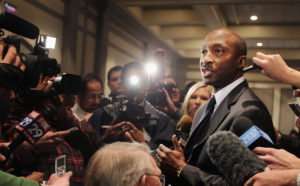 A: I have been appalled by the lack of leadership on what should be a red line regarding Nazis and white supremacists. Where are the leaders?
A: I have been appalled by the lack of leadership on what should be a red line regarding Nazis and white supremacists. Where are the leaders?